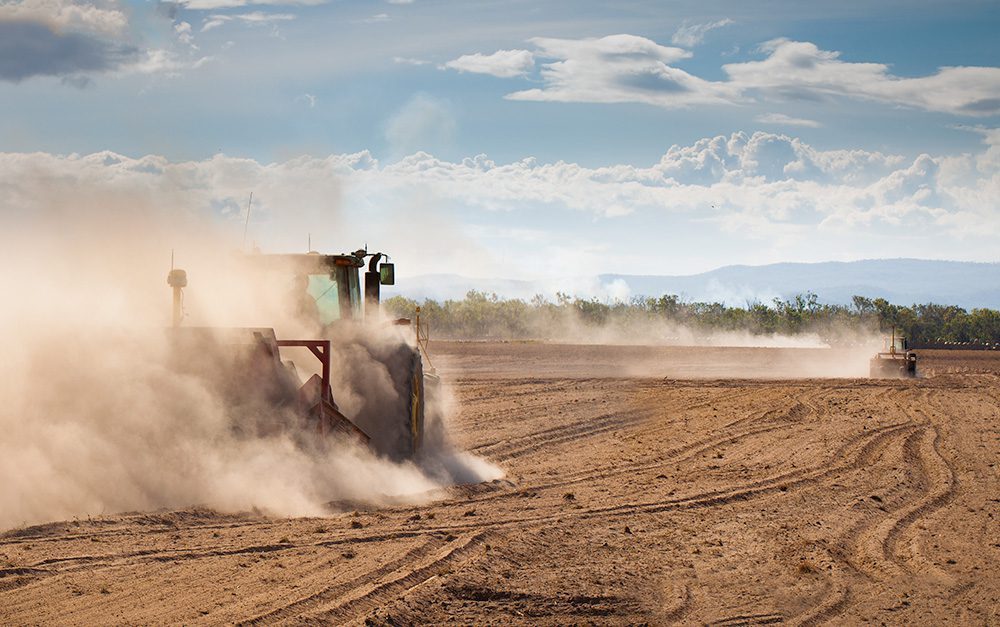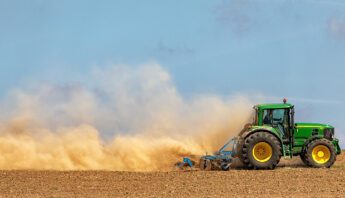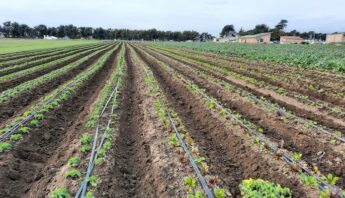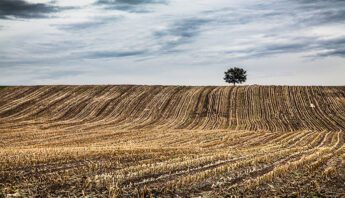For immediate release: January 17, 2023
(January 17, 2023) — Today, a new report analyzes how pesticide use fuels climate change and vice versa, raising risks to the environment, public health and food security.
Developed by Pesticide Action Network North America (PANNA), the report is the first in-depth scientific review of the issue and features evidence-based recommendations for how policymakers can help break this cycle by supporting agroecological farming practices and pesticide reduction targets, and promoting the rights of people most impacted by pesticide use.
“Our new report reveals how oil and gas companies and pesticide manufacturers have followed a similar playbook — strategically promoting flawed solutions to the climate crisis, like carbon capture and storage and new digital agriculture tools, which in reality offer minimal climate benefits. Corporations tout these novel technologies to protect their reputation, while they continue to profit from fossil fuels. We need deeper, transformative approaches to actually solve the root problems of our broken food system.“ – Asha Sharma, PANNA Organizing Co-Director and report co-author.
“Reductions in pesticide use and the adoption of agroecology would decrease greenhouse gas emissions, while also reducing acute poisonings, long-term diseases like cancer, and other health impacts that rural communities face from pesticide exposure.” – Nayamin Martinez, Executive Director of Central California Environmental Justice Network.
The report highlights the staggering levels of greenhouse gases emitted throughout pesticides’ full lifecycles and how synthetic pesticides are ultimately derived from fossil fuels, while also outlining how climate change is anticipated to increase pest pressures and decrease the efficacy of pesticides – likely leading to increased pesticide use as climate change impacts worsen.
The analysis also covers the racial and environmental injustices of pesticide use and climate change, and how the compounded health effects from both disproportionately impact people of color – such as farmworkers facing both extreme heat and wildfire smoke while harvesting crops as well as working in and living close to pesticide-laden agricultural fields.
“Governments are investing billions of dollars to address climate change, but these investments will fall woefully short unless they incorporate pesticide use reduction strategies and promotion of agroecological growing practices, which work with nature instead of against it, while centering the decision-making power of farmers, farmworkers, Indigenous peoples, and local communities.” – Margaret Reeves, PANNA Senior Scientist and report co-author.
Contact:
Shane Tan, shane.tan@berlinrosen.com
Emily Summerlin, esummerlin@panna.org
###
Pesticide Action Network (PAN) is a network of over 600 participating nongovernmental organizations, institutions and individuals in over 90 countries working to replace the use of hazardous pesticides with ecologically sound and socially just alternatives.
PAN was founded in 1982 and has five independent, collaborating Regional Centers that implement its projects and campaigns.







